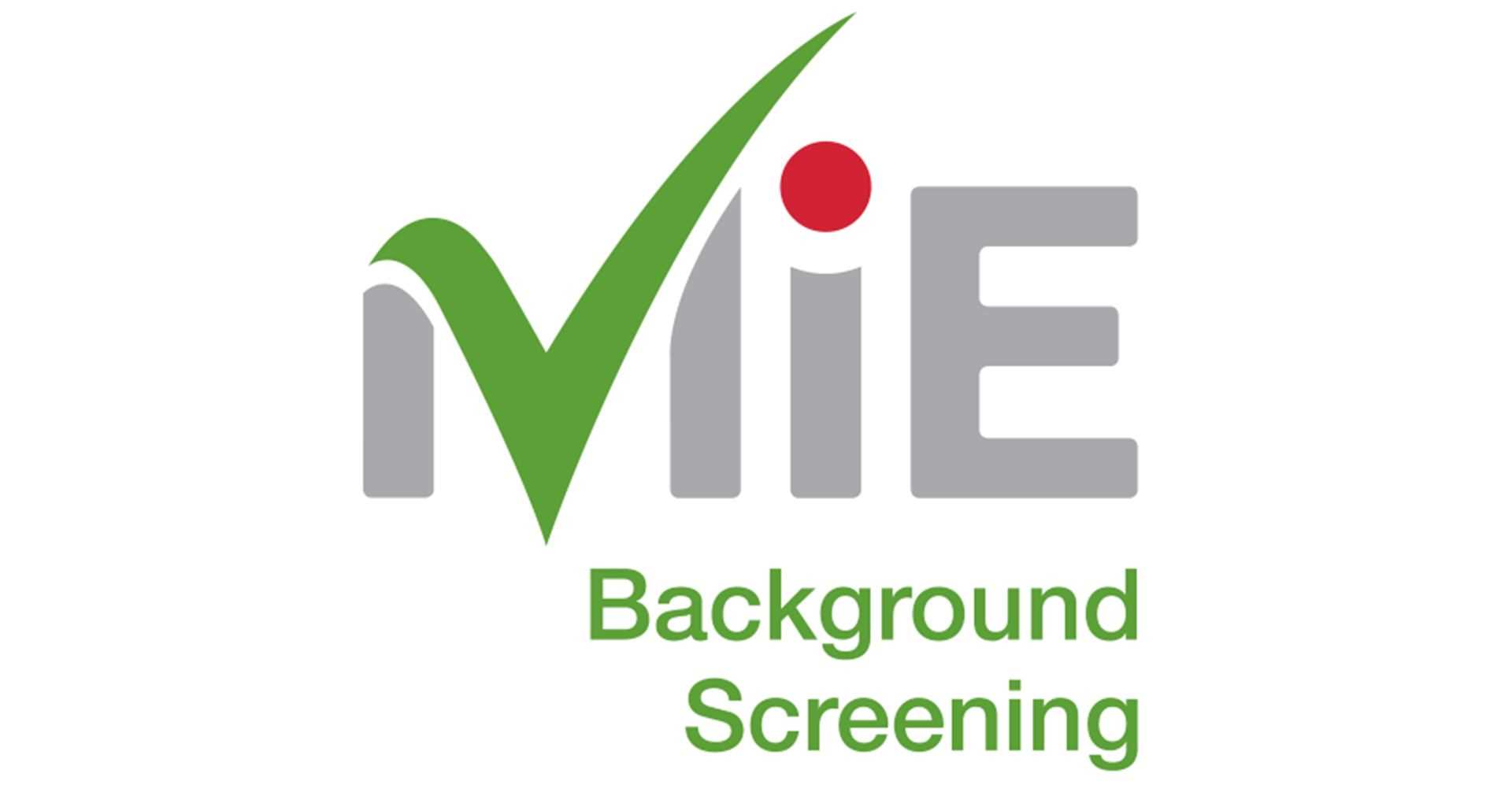Employers beware! One in five job seekers in South Africa have a criminal record, negative credit history, false qualification or fake driver’s licence. This is according to the latest Background Screening Index by Managed Integrity Evaluation (MIE), South Africa’s leading background screening company.
The Index is based on the findings of 2.3 million checks done by MIE in 2012, and covers all spheres of the economy, including the private and public sectors.
MIE CEO, Ina van der Merwe, says this figure may increase as the economy comes under increased pressure. “The reality is that the number of job seekers is growing disproportionately to the number of jobs available in the market. This discrepancy fuels the prevalence of CV fraud in the market. Moving forward, there are likely to be more elaborations and falsifications, as well as deliberate omissions.”
The 2013 quarter-two Manpower Employment Outlook Survey states that the South African labour market is expected to remain downbeat, with employers reporting one of the weakest forecasts on record. Only 9% of employers are expecting to increase staffing levels, while 10% are anticipating a decrease and 80% say no change. (There were no replies from 1%.)
While MIE offers a very wide range of background screening services, the Background Screening Index covers those areas with the highest levels of adverse results.
Criminal Record
16% of job seekers reflected risk in terms of criminal activity, namely:
- 25% for violent crimes, e.g. arson, assault, child abuse, cruelty to animals, housebreaking, intimidation, kidnapping, murder and robbery;
- 21% for theft;
- 19% for white collar crimes, e.g. bribery, corruption, embezzlement, fraud and forgery; and
- 10% for narcotic crimes.
“These are very serious offences that have the potential to present significant risk to an employer and his/her employees in terms of financial security and personal safety,” says van der Merwe.
Credit History
21% of all job seekers have negative credit histories, covering debt reviews, defaults, judgments and sequestrations. While indicative of the economy as a whole, this knowledge is imperative when hiring someone in a position of honesty and trust, as well as the handling of cash or the managing of finances.
Qualifications
Too many job seekers hope that the appearance of a better qualification will help them get a better position with a better salary, with 16% of CVs including embellished claims regarding qualifications.
Over 38% of all matric certificates are considered to have risk, while overseas qualifications carry a risk of nearly 50%. “There is a perception that an employer won’t be able to, or won’t attempt to, verify a qualification from another country. This isn’t the case. MIE works tirelessly to build relationships with all institutions in Africa and elsewhere to facilitate the verification process.”
Driver’s License
A staggering 30% of all driver’s licences, verified by MIE, carry risk.
“Verifying a job seeker’s driver’s licence is a necessity when the driving of a company car is involved. No insurer will pay a claim, where the driver is unlicenced.”
At the same time, 4% of IDs can’t be verified.
Over the past three years, the number of identity fraud victims has increased by 185%. In 2011, the South African Fraud Prevention Service (SAFPS) listed 3 018 individuals as victims of impersonation, representing losses in excess of R10.7 million. There were a further 2 785 victims from January to October 2012 alone.
In an era increasingly defined by the principles of corporate governance, CV fraud poses risk in terms of the cost and time involved in the hiring process, as well as the possibility of financial loss and reputational damage when the truth emerges. In April 2007, for example, Marilee Jones, the admissions dean at the world-leading Massachusetts Institute of Technology (MIT), resigned after it was discovered that she had fabricated her CV to include two degrees in biology and a doctorate. Nelson Mandela’s former spokesperson and ex-ambassador to the Netherlands, Carl Niehaus, resigned after claiming he had a BA degree from the University of the Witwatersrand and a doctorate in Theology from the University of Utrecht. He also claimed he was a board member of several leading groups, like the South African Netherlands Chamber of Commerce. “Clearly, no-one is immune from the risk of employing the wrong people, making background screening an absolute necessity for every company, regardless of size, structure or standing,” says van der Merwe.
“Today, many companies are choosing to manage risk by means of regular background screening re-checks. Times change and an employee who has a clean criminal record or valid driver’s licence on hiring may not be in the same position a week, a month or a year later. The old sayings of ‘Better safe than sorry’ and ‘Prevention is better than cure’ apply here, and ongoing HR screening policies provide the basis for a more effective and robust risk management profile.”
Background screening costs from as little as R50.00 and takes 2-48 hours to complete, depending on the services required. “This is a very small price to pay for peace of mind and to offset risk, especially in a highly regulated labour market, where the costs of dismissal can be punitively high,” adds van der Merwe.






















